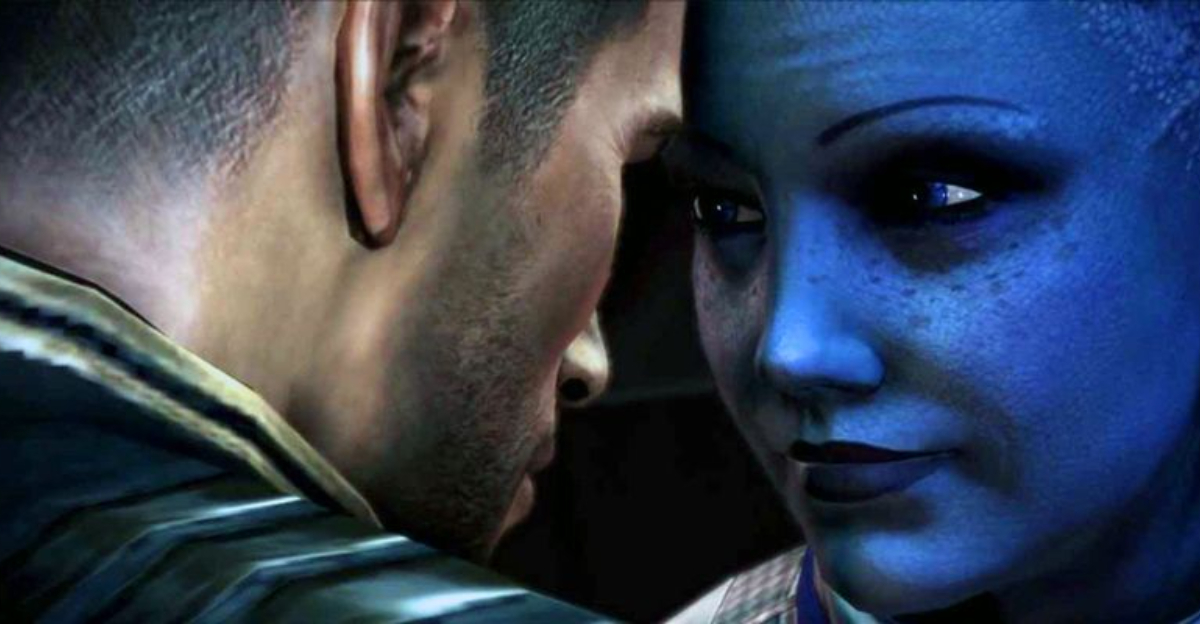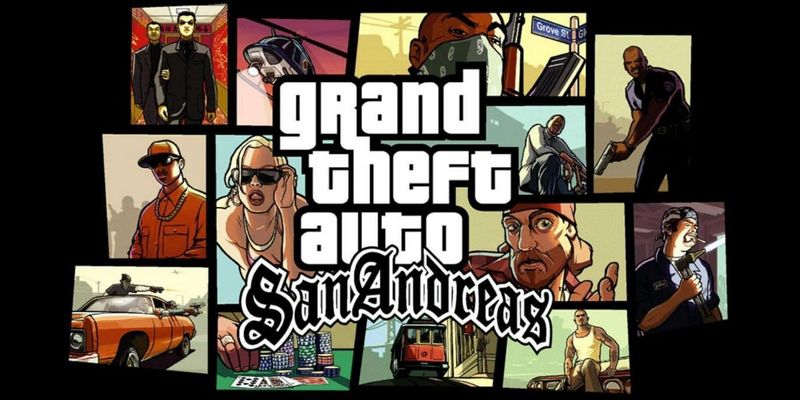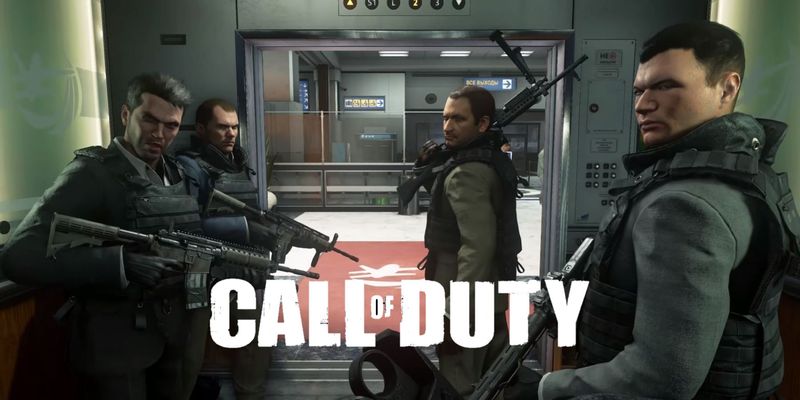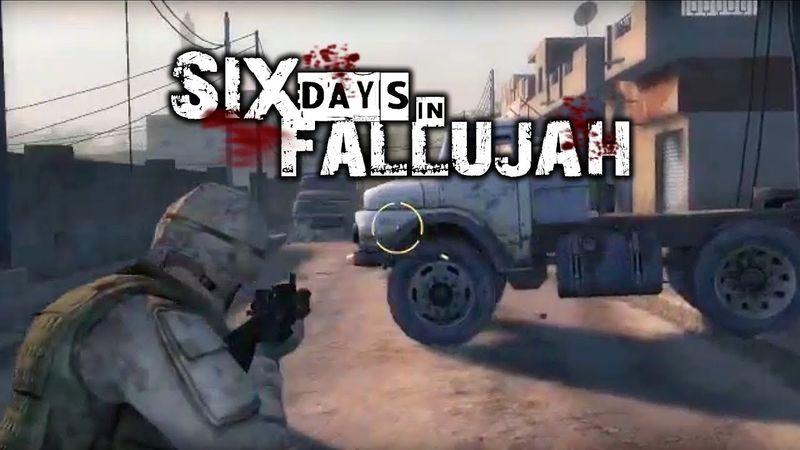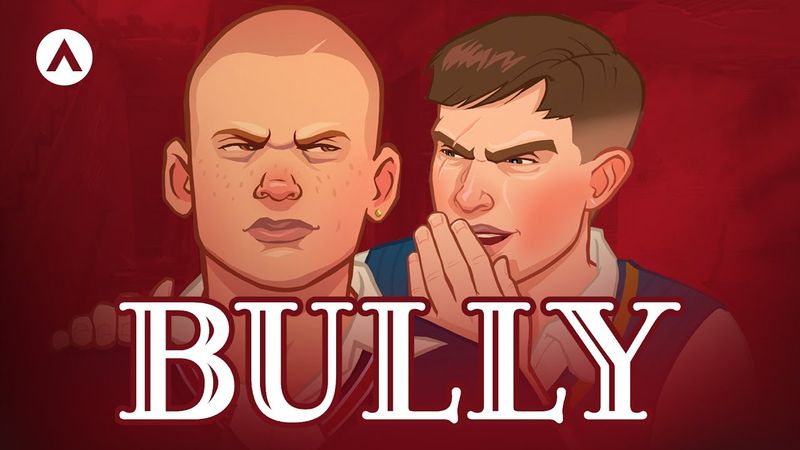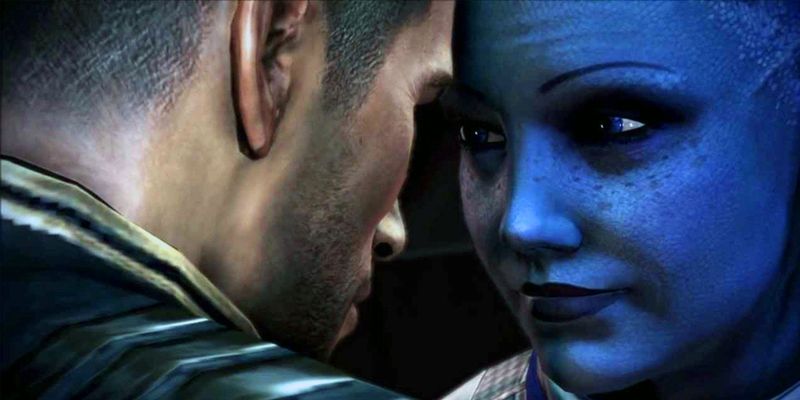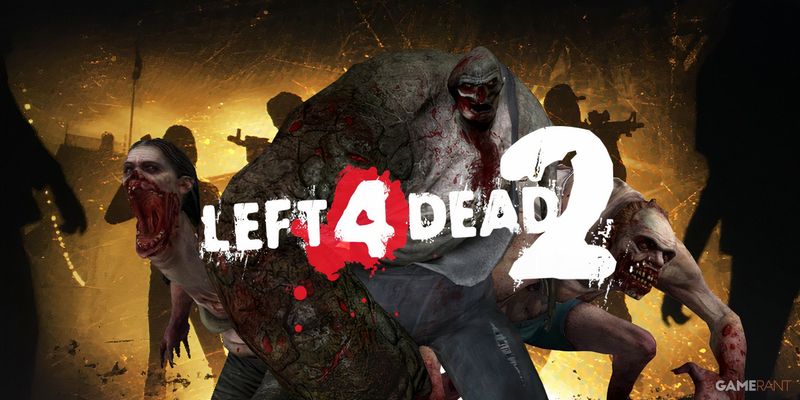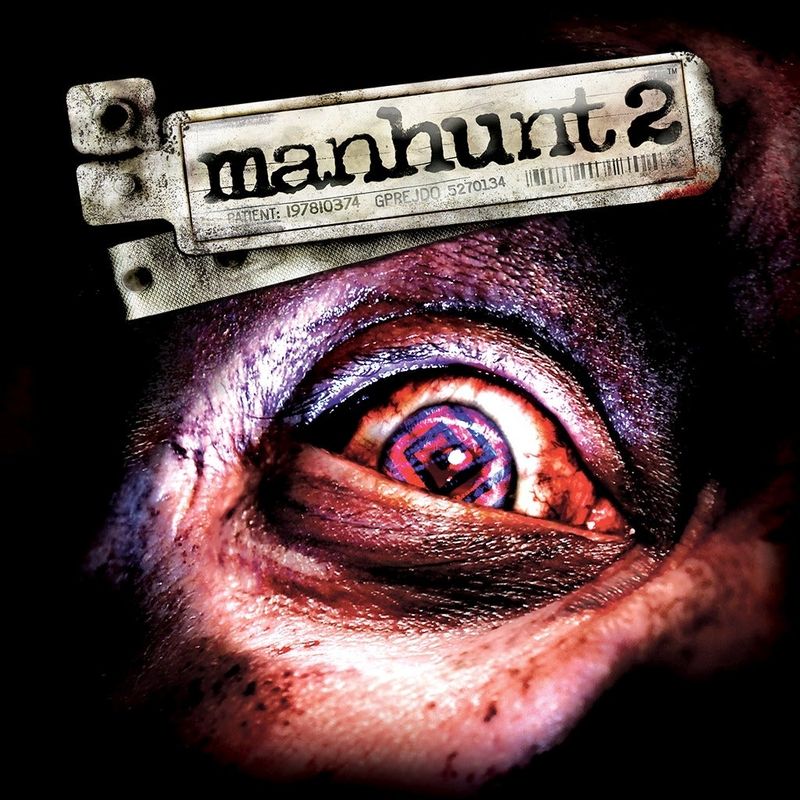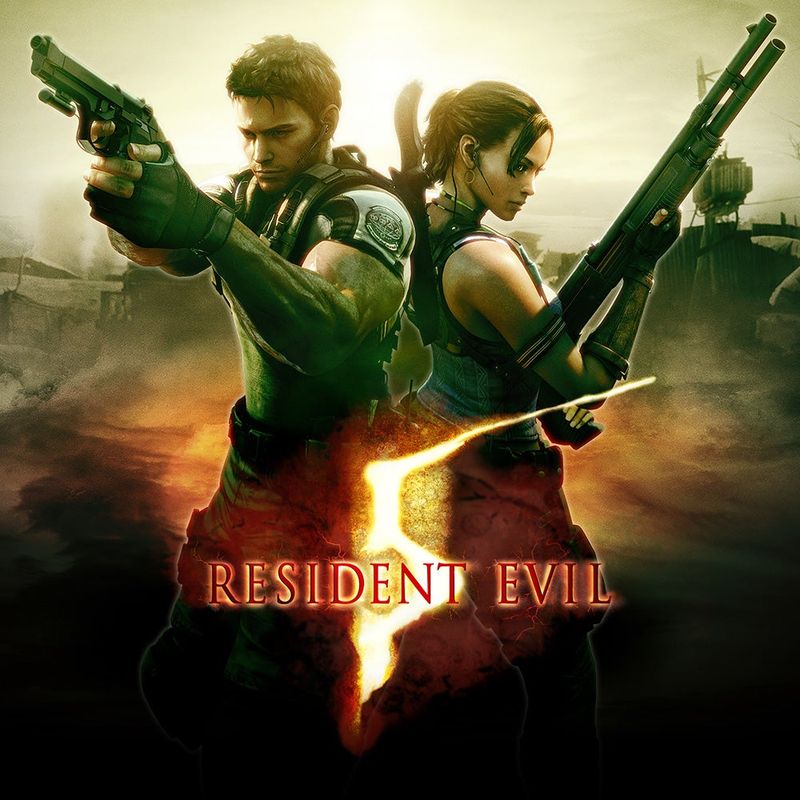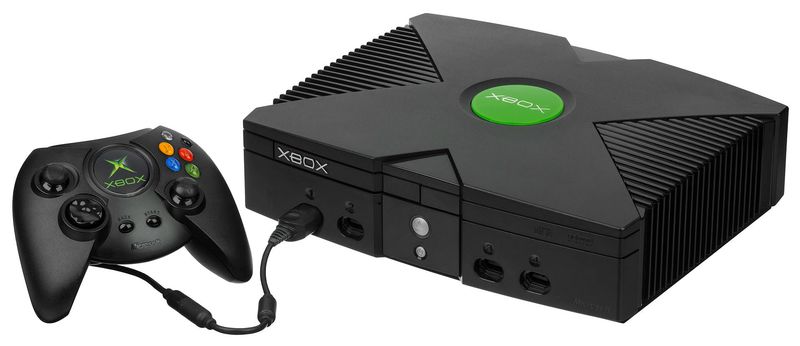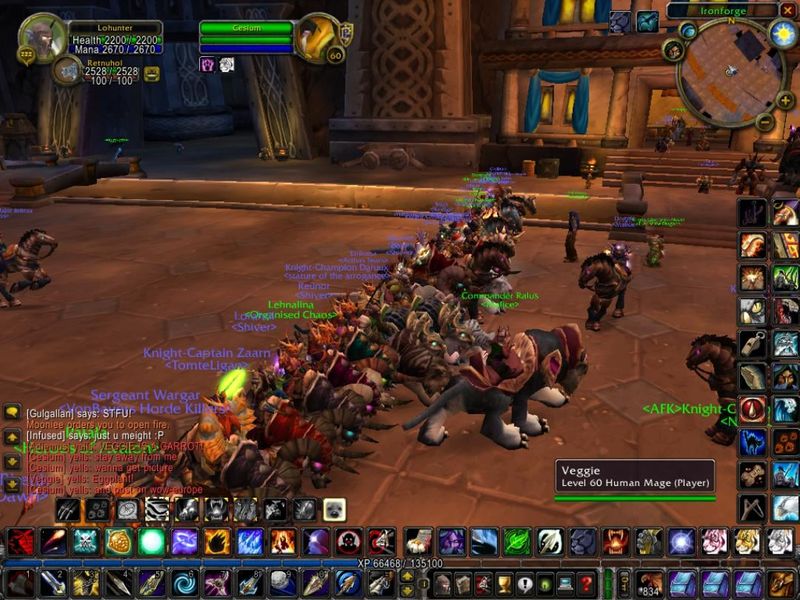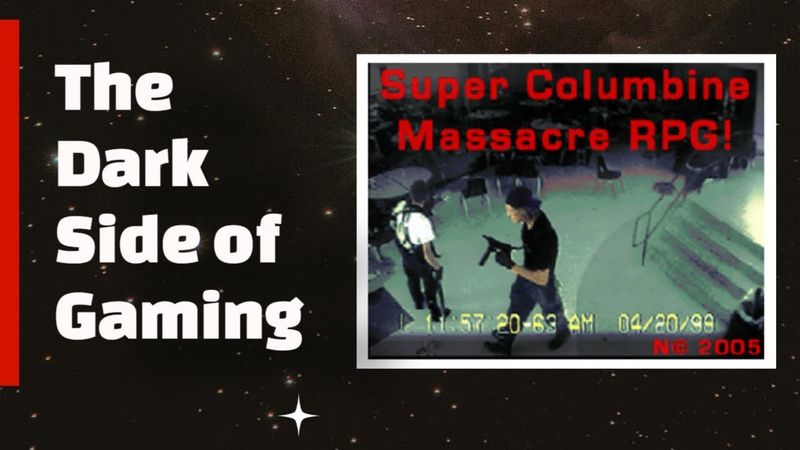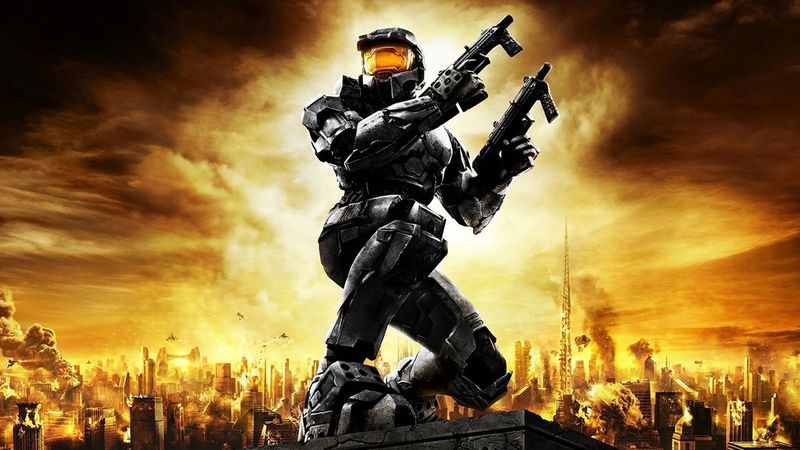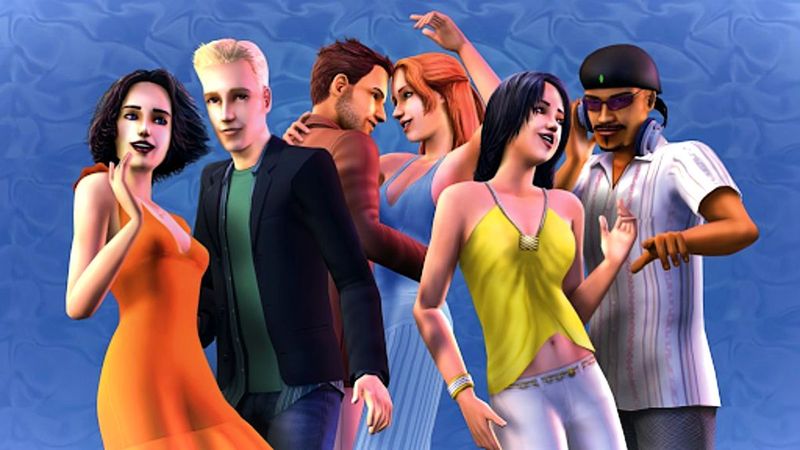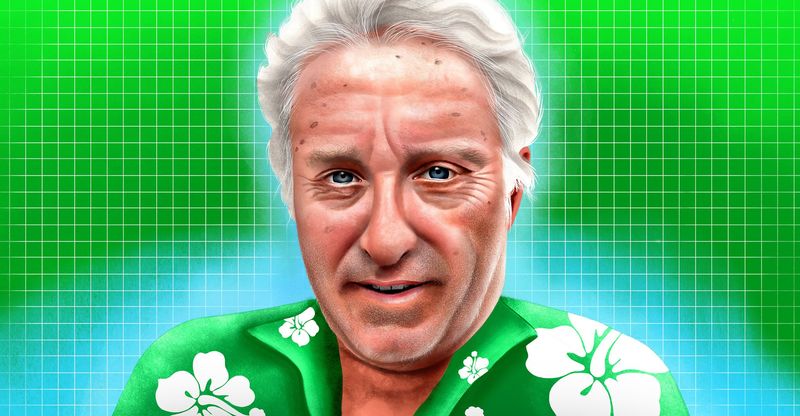The 2000s were a transformative time for video games, but with that growth came a fair share of drama. From ratings debates to hidden content and cultural clashes, these controversies made headlines and, in some cases, changed the industry forever.
Here are 15 of the wildest video game controversies from the 2000s.
1. Hot Coffee Mod – Grand Theft Auto: San Andreas (2004)
In 2004, Rockstar Games ignited controversy with the hidden “Hot Coffee” mod in Grand Theft Auto: San Andreas. This mod featured a mini-game where players could engage in a sexual scene, which was not intended to be accessed by players.
Discovered by modders, this content led to an uproar among parents and politicians. The game was subsequently re-rated as AO (Adults Only), affecting its sales and distribution. This incident sparked discussions about hidden content in games and the effectiveness of the ESRB rating system. Rockstar faced legal challenges and was forced to provide patches to remove the content.
2. No Russian Mission – Call of Duty: Modern Warfare 2 (2009)
In 2009, Call of Duty: Modern Warfare 2 generated headlines with its “No Russian” mission, where players could participate in a simulated terrorist attack at an airport. This optional mission shocked players and drew criticism from lawmakers worldwide. The game’s developers intended to evoke an emotional response, but the mission’s graphic nature led to debates about violence in video games.
Some countries even considered banning the game. Players were divided, with some defending the mission’s artistic merit while others found it distasteful. This controversy fueled ongoing discussions about the boundaries of storytelling in interactive media.
3. Six Days in Fallujah Canceled (2009)
Six Days in Fallujah, a video game based on a real-life battle during the Iraq War, was announced in 2009. The game’s depiction of a sensitive and recent conflict drew intense backlash from veterans’ groups and anti-war activists. Critics argued that it was too early to dramatize such a traumatic event in a video game.
The controversy led to the game’s publisher, Konami, withdrawing their support, resulting in the game’s cancellation. This incident sparked debates about the ethical implications of using real-world events as the backdrop for entertainment. Discussions about the role of video games in exploring historical events emerged.
4. Bully Controversy (2006)
In 2006, Rockstar Games released Bully, a game set in a fictional boarding school. Despite its mostly tame gameplay, the game’s name and premise triggered outrage among parents and politicians. Critics feared it promoted bullying behavior, sparking debates about its impact on young players. Some regions attempted to block its release, while others demanded changes to the game.
Rockstar defended Bully, highlighting its anti-bullying messages and story-driven approach. The controversy highlighted the tension between creative freedom and societal concerns, emphasizing the need for a nuanced understanding of video game content and its potential influence on players.
5. Mass Effect Sex Scene Backlash (2007)
In 2007, Mass Effect faced a media storm over its portrayal of mature content. Critics and news outlets falsely claimed the game featured explicit sex scenes, leading to debates about sexual content in video games. The controversy centered on a brief, optional romantic scene that was mischaracterized by some media outlets.
This fueled discussions about censorship and the role of media in shaping public perception of video games. Developers and fans defended the game, arguing that the scene was tasteful and integral to character development. This incident highlighted the disconnect between gaming culture and mainstream media narratives.
6. Left 4 Dead 2 Banned in Australia (2009)
In 2009, Left 4 Dead 2 faced a ban in Australia due to its intense violence and gore. The country’s strict classification system deemed the game unsuitable for audiences, refusing to classify it for release. This sparked debates about censorship and the appropriateness of violent content in video games.
Fans and developers expressed frustration over the inconsistent application of classification standards. The controversy drew international attention, highlighting the differences in game rating systems across countries. Ultimately, a censored version was released, but the incident underscored the ongoing global debates about violence in media and cultural differences in content regulation.
7. LittleBigPlanet Recall (2008)
In 2008, LittleBigPlanet, a popular family-friendly game, faced a recall just before its release. The controversy arose when a licensed song was found to contain lines from the Qur’an, potentially offending Muslim players. To avoid backlash, Sony decided to delay the release and remove the offending content.
This decision sparked discussions about cultural sensitivity and the importance of considering diverse audiences in game development. While some praised Sony for their proactive approach, others criticized the recall as an overreaction. This incident highlighted the complexities of global game distribution and the need for cultural awareness in the industry.
8. Manhunt 2 AO Rating (2007)
In 2007, Manhunt 2 became notorious for its graphic violence, leading to an Adults Only (AO) rating from the ESRB. This classification effectively banned the game from major retail outlets, as they typically refuse to stock AO-rated games. The developers faced the challenge of modifying the game to meet Mature (M) rating standards, resulting in a heavily censored version.
Critics of the AO rating argued it restricted creative freedom, while others felt it was necessary to protect vulnerable audiences. The Manhunt 2 controversy spotlighted the ongoing debates about violence in video games and the effectiveness of content rating systems.
9. Resident Evil 5 Racism Allegations (2009)
In 2009, Resident Evil 5 faced criticism for its portrayal of African settings and characters. Critics argued that the game perpetuated negative racial stereotypes, sparking a heated debate about representation in video games. The imagery of white protagonists fighting primarily black enemies was seen as problematic by some.
Capcom, the game’s developer, defended their creative choices, emphasizing the game’s fictional narrative and diverse cast of characters. The controversy highlighted the need for sensitivity and awareness in portraying different cultures and races in media. It also underscored the importance of diverse perspectives in the game development process.
10. Mass Banning of Xbox Live Users (2009)
In 2009, Microsoft banned up to 1 million Xbox Live users for modifying their consoles, leading to a significant backlash from some in the gaming community. The mass banning was justified by Microsoft as a measure to protect the integrity of the Xbox Live service and prevent cheating. However, critics argued that the punishment was too harsh and that some innocent users were caught in the sweep.
This incident sparked discussions about the balance between enforcing rules and maintaining fairness for all players. It also highlighted the challenges companies face in combating unauthorized modifications while keeping their player base satisfied.
11. World of Warcraft Funeral Raid (2006)
In 2006, a virtual funeral in World of Warcraft for a deceased player turned controversial when a rival guild ambushed the event. The incident sparked debates about ethics in virtual spaces and the nature of online interactions.
Many argued that the attack was disrespectful, while others saw it as part of the game’s competitive environment. This event highlighted the complexities of online communities and the evolving norms in digital interactions. It raised questions about the boundaries of acceptable behavior in virtual worlds and the responsibilities of players in respecting in-game events with real-world significance.
12. Super Columbine Massacre RPG! (2005)
In 2005, Super Columbine Massacre RPG! drew widespread condemnation for its subject matter, recreating the tragic Columbine High School shooting. The game’s release sparked outrage from victims’ families, educators, and the public. Critics argued that it was insensitive and trivialized a national tragedy.
The game was removed from several platforms and became a symbol of poor taste in video game content. This controversy raised questions about the limits of creative expression and the ethical responsibilities of game developers. It also underscored the potential impact of video games on public sentiment and their role in addressing sensitive topics.
13. Halo 2 NYC Launch Scaled Down (2004)
In 2004, Microsoft’s plans for a grand launch event for Halo 2 in New York City were dramatically scaled down due to concerns about public safety. This decision came in the wake of heightened tensions and violence in the city.
The controversy revolved around the balance between promotion and responsibility, with Microsoft opting to prioritize safety over spectacle. Fans expressed disappointment, but many understood the rationale behind the decision. This incident highlighted the challenges of organizing large-scale events in urban areas and the considerations companies must take to ensure public safety while catering to fan expectations.
14. The Sims 2 Nudity Hack (2004)
In 2004, The Sims 2 became embroiled in controversy when modders discovered a way to remove the pixelation covering Sim characters, effectively revealing nudity. This hack led to debates about the appropriateness of certain content in video games and the role of modding communities.
The incident prompted discussions on the ESRB rating system and what it should encompass. Although the nudity was not part of the original game, the ease of access to such modifications raised concerns among parents and regulators. This controversy underscored the complexities of user-generated content and its impact on game ratings.
15. Jack Thompson vs. The Gaming Industry
Throughout the 2000s, lawyer Jack Thompson became a prominent critic of violent video games, waging legal battles against the gaming industry. He blamed games for contributing to real-world violence and pursued tighter regulations.
Thompson’s high-profile cases and media appearances made him a polarizing figure, with supporters praising his advocacy for child protection and critics accusing him of sensationalism. The gaming community largely opposed his efforts, arguing for creative freedom and parental responsibility. Thompson’s crusade highlighted the ongoing debate over the societal impact of video games, pushing discussions around game content and regulation into the national spotlight.
